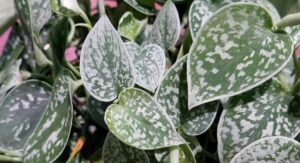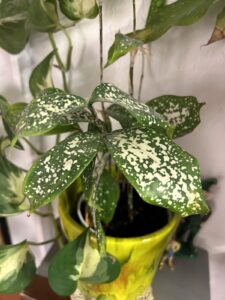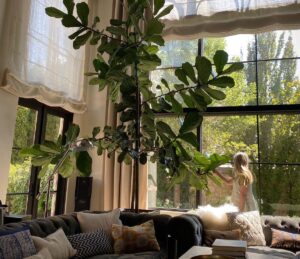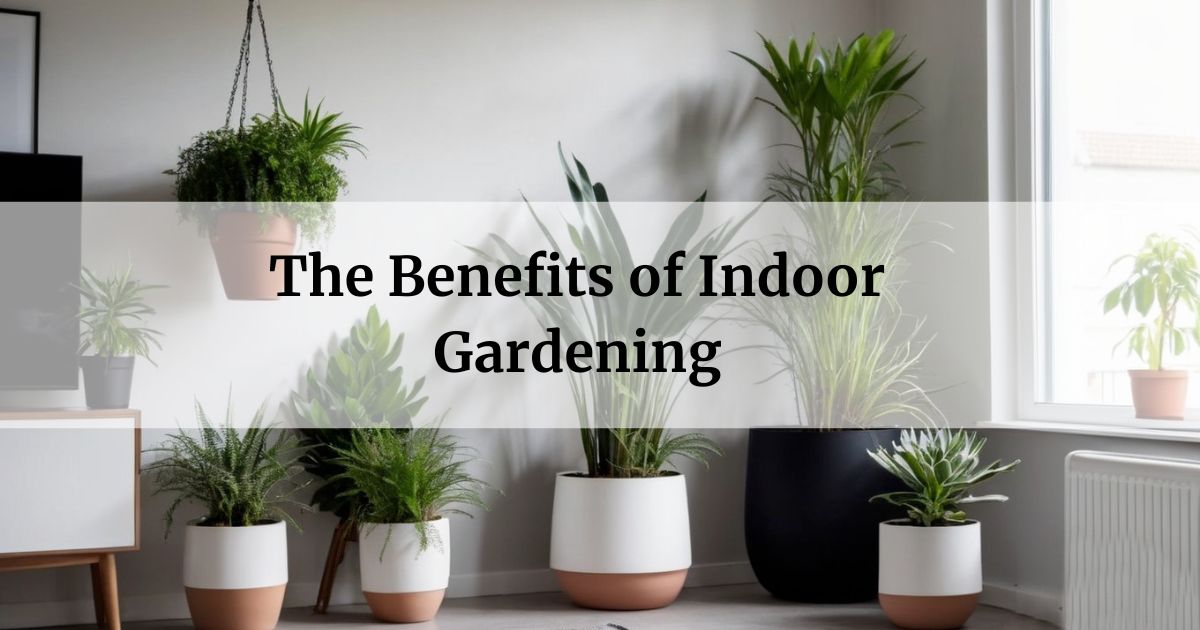
As more people seek ways to connect with nature even when stuck indoors, indoor gardening has become extremely popular. But bringing a bit of greenery inside offers far more than just a trendy activity – it can truly enhance your health and home.
Personally, I’ve found indoor gardening to be a rewarding experience on multiple levels. Not only does it make my space feel more lively and make me feel productive, but caring for my plants helps me decompress after a stressful day. Watching new leaves unfurl or flowers bloom is deeply satisfying in a way I never expected.
Beyond just providing aesthetic pleasure, research shows indoor gardening boasts some impressive physical and mental health perks too. I’m a busy single mom and so I’m constantly seeking ways to manage stress and anxiety. Simply watering or pruning my collection of pothos and snake plants has noticeable calming effects.
The air quality advantages are another big reason I’m such an advocate for indoor gardening. Pollution from off-gassing furniture, paints, and other indoor sources can really build up, especially in tightly-sealed homes and offices. But plants act as natural air purifiers, filtering out toxic chemicals and allergens. With respiratory issues like asthma so common, this cleansing benefit is crucial.
In this article
Reducing Indoor Air Pollution
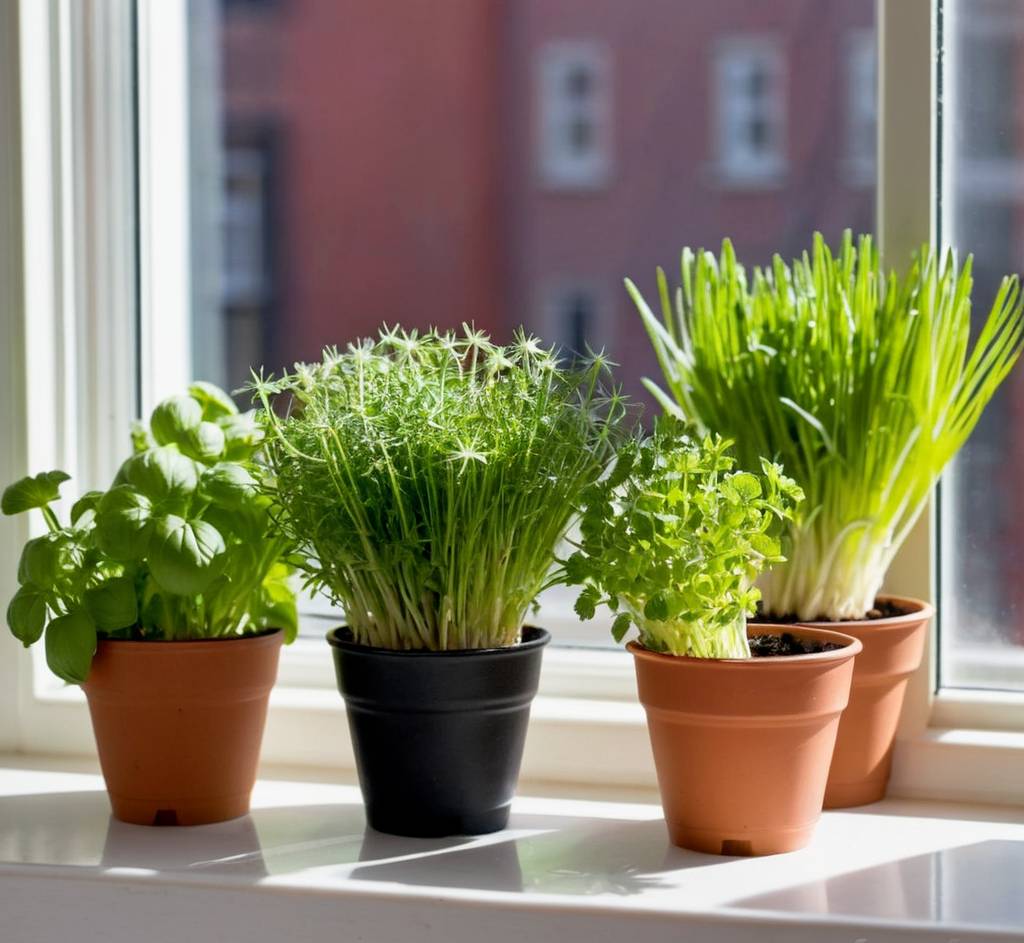
Indoor air pollution is a serious concern, particularly in spaces with poor ventilation. Our indoor air can be laden with harmful pollutants, ranging from dust and pet dander to cleaning chemicals. Fortunately, indoor gardening can help mitigate this issue.
Indoor plants have the remarkable ability to absorb harmful chemicals and pollutants through their leaves and roots, thus reducing indoor air pollution. In fact, a NASA study conducted in 1989 revealed that houseplants can effectively improve air quality by removing cancer-causing chemicals like formaldehyde and benzene from the air.
Improving Mental Health
Indoor gardening offers a multitude of benefits for your mental health. Engaging in the care and nurturing of plants can be a soothing and zen-like activity that provides a much-needed break from the stressors of daily life.
The presence of greenery in your home can create a calming atmosphere, promoting relaxation and tranquility. A study conducted in 2015 found that caring for indoor plants had a positive impact on the psychological and physiological well-being of participants.
Interacting with plants helped reduce stress levels, as evidenced by the suppression of sympathetic nervous system activity and diastolic blood pressure. Participants reported feeling more at ease when working with plants compared to working on a computer.
RELATED: Cultivating Well-Being: Unveiling the Extensive Mental Health Benefits of Indoor Gardening
Enhancing Your Home’s Aesthetics
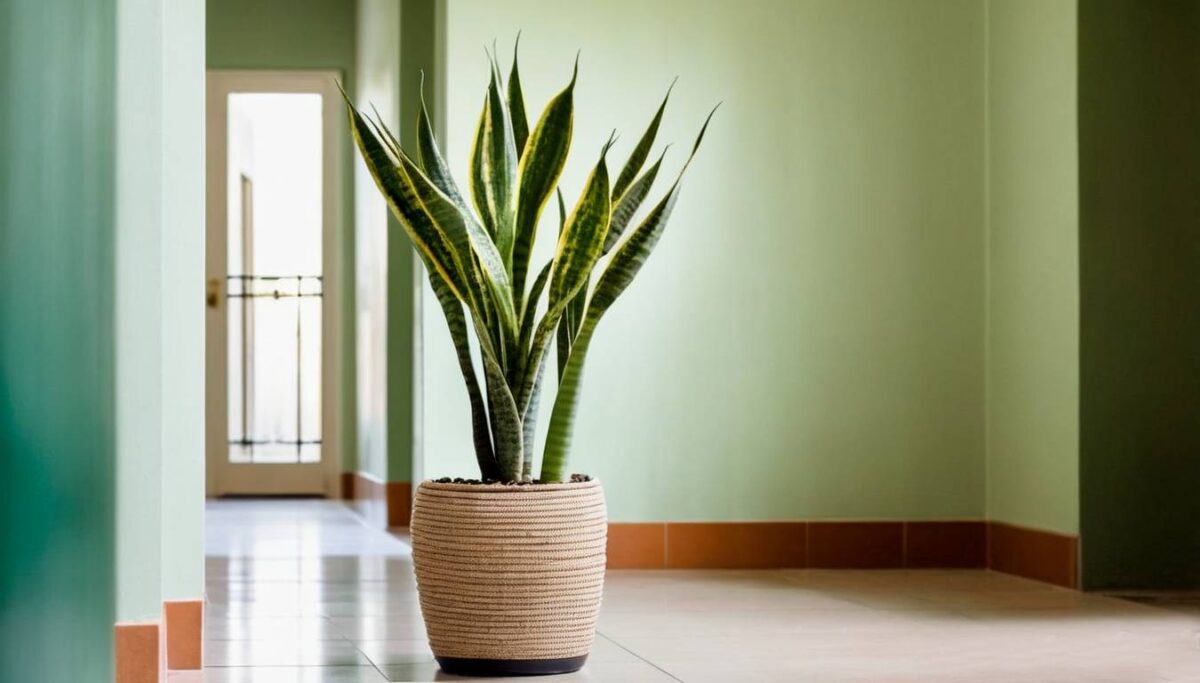
Indoor gardening is an excellent way to enhance the aesthetics of your home. The addition of colorful flowers and lush greenery can bring a burst of vibrant color and natural beauty to any space.
Plants can be used as decorative elements to complement your home’s style or create a green oasis within a room.
They can be arranged to create visually stunning displays and fill empty spaces, adding a touch of elegance to your surroundings. Moreover, indoor gardening helps foster a deeper connection with nature, bringing the outdoors inside.
Boosting Productivity
Believe it or not, indoor gardening can actually boost productivity, making it a valuable addition to your workspace. A study conducted by the University of Queensland revealed that having plants in the workplace can increase productivity by up to 15%. The presence of plants also helps reduce stress levels and enhances overall job satisfaction. So, if you’re looking for ways to create a more productive and positive work environment, consider incorporating indoor plants into your workspace.
Improving Physical Health
In addition to the mental health benefits, indoor gardening can also have a positive impact on your physical well-being. Studies have shown that being around plants can help lower blood pressure, improve sleep quality, and even boost the immune system. Exposure to indoor plants has been found to aid in the recovery from mental fatigue. The presence of greenery in your surroundings can have a rejuvenating effect on both your mind and body.
In a pilot randomized controlled trial, researchers investigated the potential benefits of group-based indoor gardening and art-making activities for improving mental health outcomes in older adults. The study hypothesized that participating in these activities for one hour per week for eight weeks could lead to improvements in mental health.
Tips for Creating Your Own Indoor Garden
Creating your own indoor garden is easier than you might think. Here are some tips to get you started:
- Choose the right plants: Not all plants are suited for indoor gardening. Choose plants that are well-suited for indoor environments, such as spider plants, peace lilies, and snake plants.
- Consider lighting: Plants need light to grow, so it’s important to choose a location that gets plenty of natural light. If your home doesn’t get a lot of natural light, consider using grow lights to supplement.
- Choose the right containers: Choose containers that are well-suited for the plants you’re growing. Make sure they have proper drainage and are the right size for your plants.
- Water regularly: Indoor plants need regular watering to thrive. Make sure you’re watering your plants regularly, but be careful not to overwater.
- Use fertilizer: Indoor plants need nutrients to grow, so it’s important to use fertilizer regularly. Choose a fertilizer that’s well-suited for the plants you’re growing.
Remember, indoor gardening is more than just a trend. It is a practice that offers a multitude of benefits for your health and well-being.
